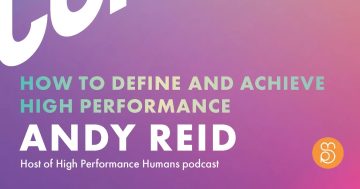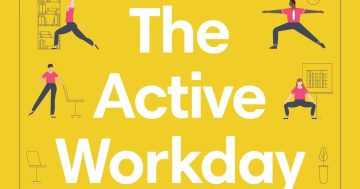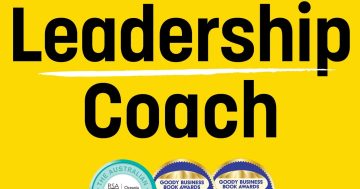Laura Stack* says that as long as you are not overbearing, consciously believing in yourself and maintaining a high self-esteem increases your charisma and boosts confidence.
 In some circles, the term ‘self-esteem’ is sacred; in others it’s treated almost as a profanity.
In some circles, the term ‘self-esteem’ is sacred; in others it’s treated almost as a profanity.
As we transition from an Age of Autocrats to one of true meritocracy, those still invested in the old paradigm see it as weasel words preventing us from constructively criticising workers and students.
They believe people can become so over-coddled they can’t do anything.
Most businesspeople are more moderate, however.
Even hard-core types like Ray Dalio, who recently handed down his book Principles from the lofty mountain of the world’s largest hedge fund, is not unsympathetic to self-esteem.
On the other hand, he clearly sees it as something not to overemphasise, as he believes in criticising accurately, not kindly.
I agree, but trend toward treating people kindly as well.
We all need frank, constructive criticism to grow, but we also want to feel good about ourselves.
Esteem, self and otherwise, is an essential human need.
Liking yourself and what you do makes it easier to be productive — but self-esteem takes a beating in most jobs.
All it takes is one snide remark to put a damper on your enthusiasm, so you’ve got to stoke your own fires to keep self-esteem high.
Here are just a few reasons why.
Happiness equals productivity:
Happy people get sick less often, if only because they take better care of themselves.
When they do get sick, they know it’s not the end of the world.
While it’s not always a one-to-one correlation, if you’re happy with yourself, you’re usually happier with your work, meaning you’re more likely to embrace full engagement.
In some cases, your work may even contribute to your happiness.
The more engaged you are, the more productive you’re likely to be.
This doesn’t mean you won’t make mistakes or require correction at some point, but if that happens, you’re less likely to disengage or go awry than those whose self-esteem has worn down to a nub.
It’s easier to overcome challenges:
When you feel good about yourself, problems don’t smack you down as easily.
You’re more likely to roll with the punches and reframe those problems as challenges.
When you’re happy with yourself, it’s easier to focus — because you’re not nagged by as much uncertainty.
You may get knocked down when your esteem is high, but you get up again.
Look at boxer Mohammed Ali in his prime to see high self-esteem in action.
You’re more likely to create value:
Not only do you tend to work harder when you have high self-esteem, you’re more likely to speak up in meetings, offer ideas and innovations, and contribute more discretionary time to the organisation.
When you sow these seeds, the whole organisation reaps the harvest.
High self-esteem makes you optimistic:
Poor self-esteem and pessimism go hand in hand.
According to Lois Frankel, author of Nice Girls Don’t Get the Corner Office, ingrained pessimism can limit your career.
This is because you do your best not to stand out above the crowd, lest you get cut down when the next economic downturn occurs.
Your expectations stay low; you don’t display enough personal energy and you don’t rank yourself as an important person.
Optimism is attractive.
As long as you’re not overbearing, consciously believing in yourself and maintaining a high self-esteem increases your charisma and boosts confidence.
It carries you through interviews more successfully, keeps you in the minds of decision-makers — and again, makes you more willing to take chances and capable of weathering dire circumstances.
Maybe you’re a special snowflake; maybe not.
Either way, there’s no reason to be hard on yourself.
I won’t tell you that what other people think of you doesn’t matter; it sometimes does.
This is because you work in a social environment, and some of your co-workers can hurt your career if they think poorly of you.
I will say that if you think highly of yourself and maintain your personal integrity, other people will think more highly of you as well.
Optimise your good opinion of yourself. Kill negative self-talk. Learn more. Get counselling. Do more for yourself.
Write down all the good things you’ve accomplished at work this month and this year.
Be fair with yourself, not harsh.
The higher your job satisfaction, the higher your performance — and the greater your productivity.
*Laura Stack is a keynote speaker, author and authority on productivity and performance. She has written seven books, including her newest, ‘Doing the Right Things Right: How the Effective Executive Spends Time’. She can be contacted at theproductivitypro.com
This article first appeared on Laura’s blogsite.











